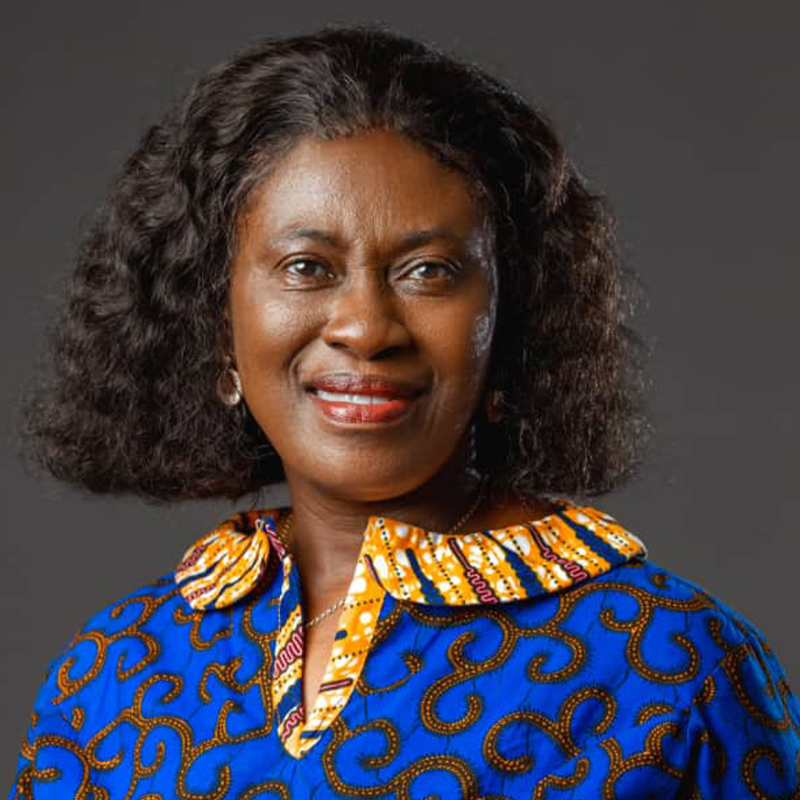Ministry of Communications and Digitalisation
Establishment of the Ministry
Ministry of Communications and Digitalisation was established by section II of the Civil Service Law, 1993 (PNDCL, 327) as amended by the Civil Service (amendment) Act,2001 (Act 600) and Executive Instrument (EI) 6,2003.
The Ministry of Communications and Digitalisation (MoCD) has the core responsibility of initiating and developing national policies aimed at achieving cost effective information and communications infrastructure and services, for the enhancement and promotion of economic competitiveness in line with the policy guidelines of the Coordinated Programme of Economic and Social Development Policies (2017-2024) - An Agenda for Jobs: Creating Prosperity and Equal Opportunity for All.
GOAL
The Ministry's goal is to promote the development of Ghana into a knowledge-Based Society and a smart economy through the use of ICT.



Our Mission
Mission
To facilitate the development of a reliable and cost-effective world-class Communications infrastructure and services, driven by appropriate technological innovations and accessible by all citizens to enhance the promotion of economic competitiveness in a knowledge-based environment.
Our Vision
Vision
The Ministry's goal is to promote the development of Ghana into a knowledge-Based Society and a smart economy through the use of ICT.